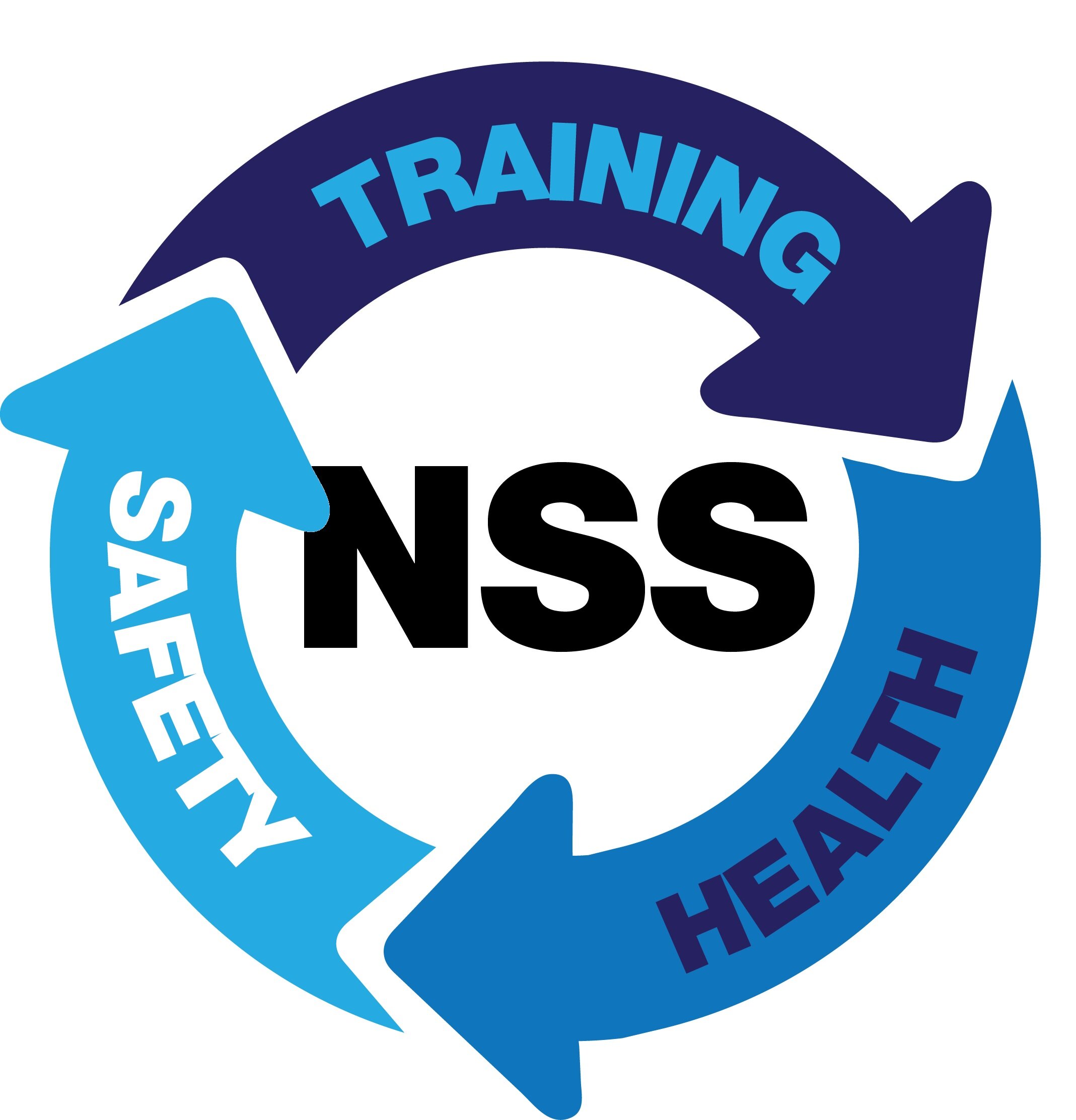Are You Getting The Right Amount of Sleep?
Sleep is a vital part of our everyday life. Spending one-third of our life between the sheets, it is a main indicator of our overall health and well being. Majority of people understand that getting a good night's sleep is important but very few of us actually ensure that we get the proper amount of sleep.
Living in 2019, we have a world full of distractions, along with round-the-clock access to technology. These interruptions can include television, mobile phones, energy drinks, coffee, alarm clocks and even false lights can affect our sleep cycle. Shift work, job stress, work hours and physically demanding work are also linked to sleep deprivation.
However, we don’t see this slowing down anytime soon, so what is the right amount of sleep and how do you get it?
The National Sleep Foundation released the results of a world-class study that took more than two years of research to complete - an update to their most-cited guidelines on how much sleep you really need at each age.
On their website, they discuss the varieties between everyone’s individual sleep needs. To break it down, they show the age groups with the sleep that is recommended for them:
Newborns (0-3 months): Sleep range narrowed to 14-17 hours each day
Infants (4-11 months): Sleep range widened two hours to 12-15 hours
Toddlers (1-2 years): Sleep range widened by one hour to 11-14 hours
Preschoolers (3-5): Sleep range widened by one hour to 10-13 hours
School age children (6-13): Sleep range widened by one hour to 9-11 hours
Teenagers (14-17): Sleep range widened by one hour to 8-10 hours
Younger adults (18-25): Sleep range is 7-9 hours
Adults (26-64): Sleep range did not change and remains 7-9 hours
Older adults (65+): Sleep range is 7-8 hours
They do discuss that everyone is different and sometimes if it says you need 7 hours sleep, you may really need 9. If you are having issues with your sleep and the following information doesn’t work for you, I’d recommend that you see your health care professional for more privatised information.
There are a number of techniques that you can use to ensure you are letting your body gather the amount of sleep it needs to function correctly.
Consistent sleep and wake schedules - even on weekends.
If you’re a 6am riser on Monday - Friday, it seems like you aren’t going to be doing yourself any favours by hitting pause on your routine for an extra hours sleep on Saturday morning. Stick to the schedule to help your body stay used to it.
Create a bedtime routine.
Having a routine, just as the previous point explains, is a great way to ensure you are doing what you need to, in order to sleep as well as you can. Creating a regular night time routine is something you can do easily. Ok, brace yourself… Turn off the television & your phone (yes, I said that), grab a herbal tea, lay in a warm bath and relax with some soothing music. Why wouldn’t you rather that than watching reruns of Married at First Sight while Face-booking about the contestants?
As Homer shows, you need to make your bedroom your own retreat.
Spending money on a mattress may seem like a waste but when you put in perspective the amount of time you actually spend on it, it might become more of a priority. If the average night's sleep is eight hours (ie. one third of a day), one sleeps for one third of one's life. If you live, say, 75 years, that's 25 years asleep, or 9,125 days. That’s a lot of mattress time! I’d say, that you need to get a mattress that is comfortable for you. Pillows are important to factor in as well. Make your room cool and dark but also very inviting so you’ll want to go to bed.
Exercise.
Sleep is a factor of your health and well being so if you’re not sleeping, your body could be saying something. Try to exercise regularly and eat well. This will give you a better sleep - especially if you’ve just finished leg day!
Disconnect from the cyber world by turning off your tech.
They say that having a television in your room can cause sleep issues - well that hasn’t changed. The same is said about mobile phones being close to your head. They’re all electronics so whether you believe it or not, it makes sense that turning off those electronics before bed can give you a better sleep.
There are also some amazing free apps for relaxation and meditation like Smiling Mind and Headspace, so if you need more help, give those a go. It’s truly all about de-stressing. If you’re having a hard day, a big day, a boring day, what ever, you need to rejuvenate yourself. Lifestyles in this day and age are intense so give yourself a moment to breathe.
Make sleep your priority. Your body and mind will thank you for it. So, go home tonight, try it out and drift away like Sleepy Dwarf. I hope you find your perfect sleep schedule and start becoming more refreshed!


